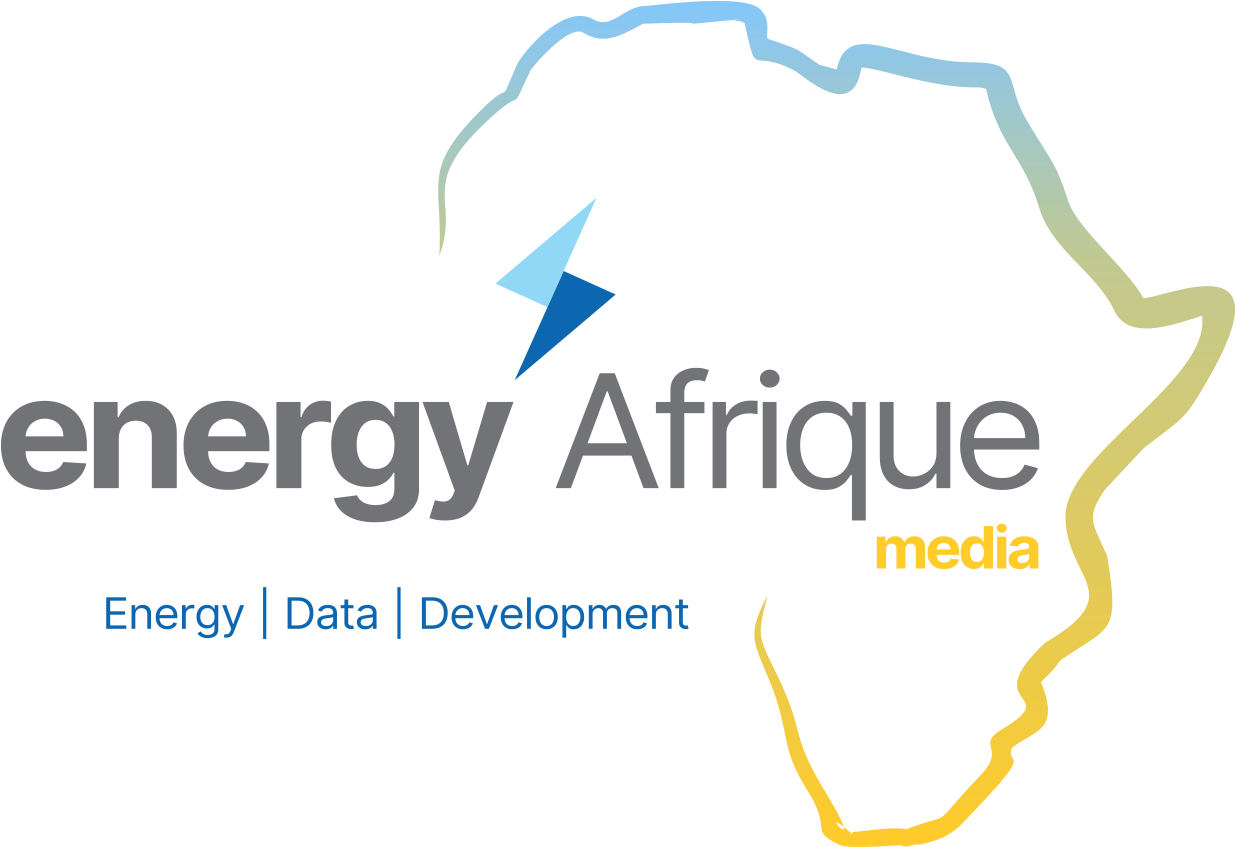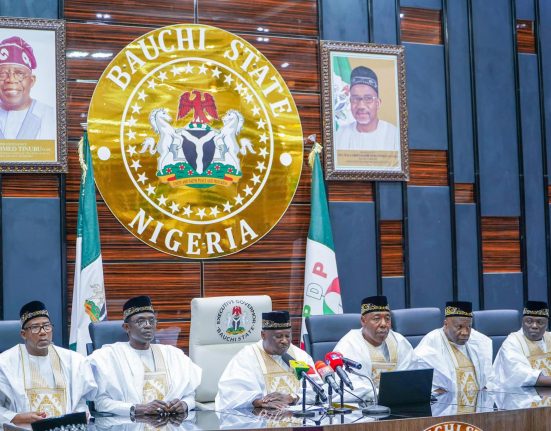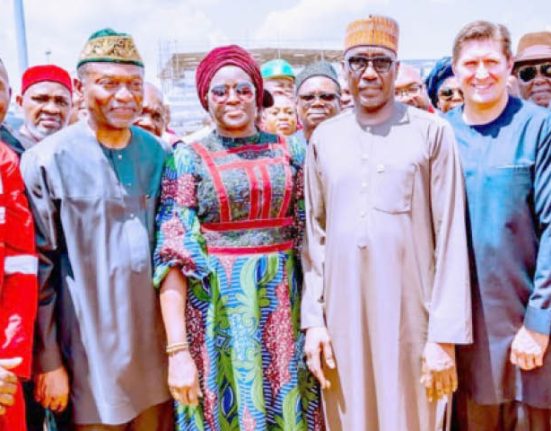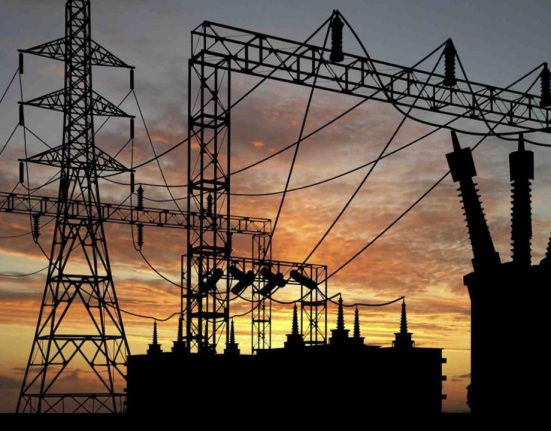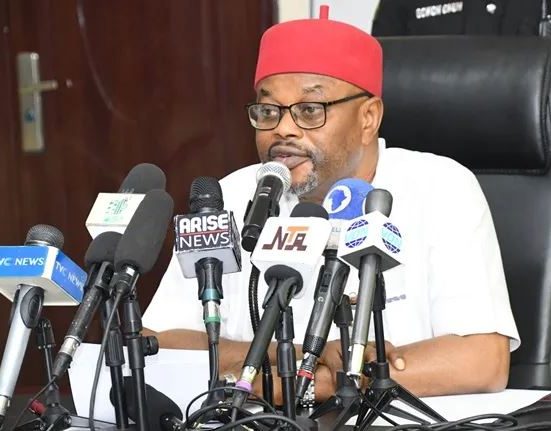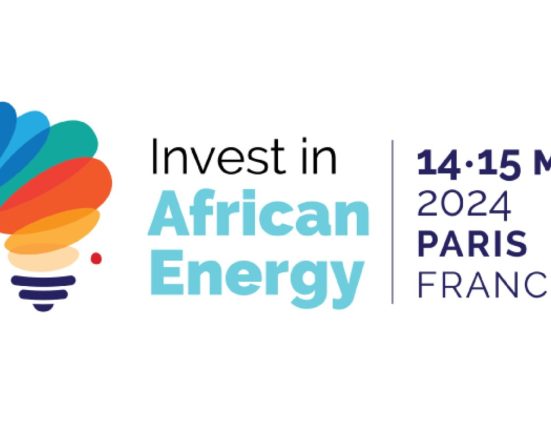Nigeria’s Minister for Power Adebayo Adelabu, says Nigeria has allocated N344.10 billion (equivalent to US$388,967,371.05) to ensure consistent power supply and expand electricity access to local communities.
N336.88 billion was earmarked for capital expenditure, while the remaining N7.22 billion was allocated for recurrent expenditure.
The Minister through his aide Tunji Bolaji, said President Bola Tinubu’s administration sees the provision of regular power supply as crucial for economic revitalization, noting that the government aims to focus on grid and off-grid power accessibility, implementing mini-grids across communities and emphasizing renewable energy sources.
The ministry plans to deploy mini-grids in university communities, teaching hospitals, and underserved areas, and focus on renewable energy generation such as wind and solar power to address the nation’s power challenges and stimulate economic growth and industrial development, the minister said.
In response to challenges faced during the festive season, he highlighted the need to address critical issues in the electricity sector. Initiatives include a review of cost-reflective tariffs, continued government subsidy for vulnerable members, closing the meter gap, enhancing distribution and transmission infrastructures, and rural electrification with a focus on solar-powered mini/micro-grids and street lights.
The Minister revealed the reactivation of the Presidential Power Initiative (Siemens Project) and the implementation of Eastern and Western super grid projects to increase electricity supply to demand centres, noting that tackling power theft and vandalism is also a priority, with joint efforts encouraged to protect assets.
Minister Adebayo Adelabu expressed commitment to ensuring a reliable and sustainable power supply, urging collaboration among stakeholders for a resilient power infrastructure that fosters economic growth and improves the lives of all Nigerians.
Nigeria, Africa’s largest economy plans to introduce approximately 100 new power projects while continuing with 391 ongoing projects.
It has grappled with challenges in sustaining its power sector, resulting in over half of its 210 million population lacking access to electricity from the national grid.
Nigeria currently has an energy generation capacity of around 13,000MW but struggles to meet the high demand, producing only about 4,000MW.
